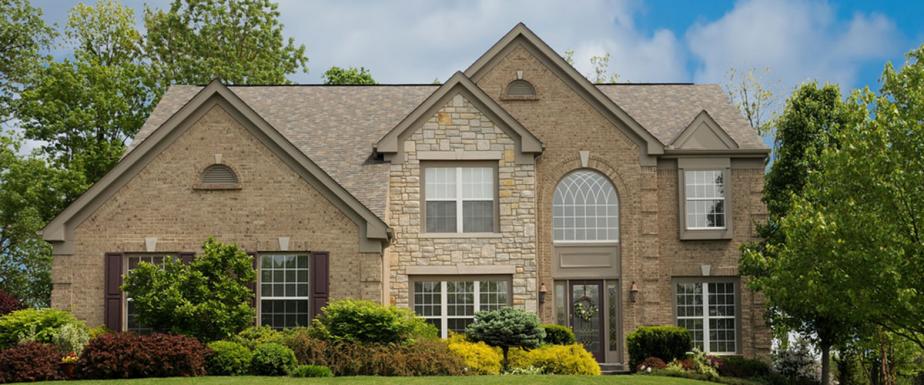What to Look for in a New Home Security System
There's never a bad time to start thinking about protecting your home. A home security system does more than protect your valuables--it helps give you peace of mind. Here's what you need to think about before you install one.
Wired vs. wireless
The main difference between a wired system and a wireless one is installation. A wired system needs to be installed by a professional, who will typically need to do some drilling in your home. That also means that this system will be a little harder to get rid of if you decide you don't want it or if you want to switch to a different system.
Self-monitored vs. monitored by a company
If you choose a self-monitored system, the authorities will not be called automatically if your alarms go off. Instead, you typically get an alert on your phone and you decide what to do with that information. The upside is that you're not tying up police resources with false alarms.
When an alarm goes off on a monitored system, typically the company will call you to check if its a false alarm or not. If they're not able to reach you (or if you say its not a false alarm) then they'll call the police to come to your home.
The pros of each
The upside of a self-monitored system is that it's generally less expensive because you're not paying a monthly fee. It also means you won't stretch police resources with false alarms if your dog's bark has a tendency to set off the shattered glass alarm or if your kids tend to set it off when you're unreachable by phone.
The upside to a system that's monitored by a company is that someone is always looking out for you. That means you can go on vacation or just sleep easy knowing that someone has your back.
What level of monitoring are you comfortable with?
Home securities start with monitors on the doors and windows, but that's definitely not where they stop. You can add more levels of security with things like:
- glass shatter alarm
- smoke detectors
- carbon monoxide detectors
- flood detectors (which would be great for a second home on the coast)
- keyless entry
- cameras
- panic buttons
You need to decide what level of monitoring makes the most sense for your family.
Who's using the products
If you're buying the system for an older family member, you might want to encourage them to get a panic button pendant. This is a necklace they can wear around the house that will allow them to alert someone if they fall or have an accident that incapacitates them.
Before you buy
Now that you know what you're looking for in your home security system, it's time to go through your "before you buy" checklist.
Set a budget and start price shopping
True, the budget shouldn't be the deciding factor when it comes to your safety, but your security system isn't going to be any good if you can only pay for half of it.
Compare review
Once you find a few that are in your price range, start comparing reviews. If possible, try to crowdsource opinions from people you know--especially if they own homes similar to yours and in a similar location.
Find a company and get the details
You've found the perfect match and you're ready to get going! Make sure you get all the details about monthly monitoring fees and installation fees (if you're choosing a monitored, wired system). When you're ready to sign, make sure you read and understand the contract.
Ask about insurance discounts
Many home insurance companies will give you a discount for having a security system. Reach out to your agent and see if your new purchase can save you money on your monthly premiums.
Home security systems have come so far. Today there's definitely something out there that can meet your needs and your budget!
